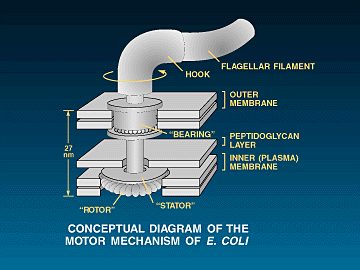Even Kitchen, arch biblical maximialist and evangelical apologist that he was, never accepted any supernatural events in the bible as historical - at least, not in his scholarly writings.
Kitchen's conclusion was that large parts of the Bible are historically reliable, but that not all of it is. This is coming from his working assumption that the text should be regarded as reliable by default, unless directly falsified.
Kitchen's work was a direct attack against the biblical minimalist school, which worked from the converse assumptions (the Bible is unreliable unless directly verified) and concluded that most of the bible is historically unreliable, but parts of it are accurate.
Kitchen's book mostly ignores critical Biblical scholarship. Where he does acknowledge it, he launches stinging attacks on it (mostly via ad hominems, including accusations of antisemitism), or goes to far and gets some of it plainly wrong - see his attempt to pin down a firm date for the Exodus as an example, or his back and forth about Moses, or the 300 years he adds to the kingship of Cyrus to make it fit with his preferred chronology (which he then adds 40 years to anyway...)
I think the best summation of Kithcen's work comes from Rabbi Charles David Isbell, Ph. D and Director of Jewish Studies at Louisiana State University:
(As an aside, I had Kitchen's massive tome - a present from a friend who's a pastor, its not something I'd buy myself - and found it interesting, if highly slanted and sometimes shamefully polemic. Unfortunately, it was one of the books that I also needed to sacrifice to goodwill in my recent move. It was just too heavy and large for my new apartment. Hopefully, someone who buys it will find my margin notes useful )
)
Kitchen's conclusion was that large parts of the Bible are historically reliable, but that not all of it is. This is coming from his working assumption that the text should be regarded as reliable by default, unless directly falsified.
Kitchen's work was a direct attack against the biblical minimalist school, which worked from the converse assumptions (the Bible is unreliable unless directly verified) and concluded that most of the bible is historically unreliable, but parts of it are accurate.
Kitchen's book mostly ignores critical Biblical scholarship. Where he does acknowledge it, he launches stinging attacks on it (mostly via ad hominems, including accusations of antisemitism), or goes to far and gets some of it plainly wrong - see his attempt to pin down a firm date for the Exodus as an example, or his back and forth about Moses, or the 300 years he adds to the kingship of Cyrus to make it fit with his preferred chronology (which he then adds 40 years to anyway...)
I think the best summation of Kithcen's work comes from Rabbi Charles David Isbell, Ph. D and Director of Jewish Studies at Louisiana State University:
What becomes immediately apparent is that Kitchen stands as far to one edge of the stream of OT scholarship as his opponents do to the other.
...
Second, Kitchen’s own ideology is betrayed in numerous places throughout, beginning with his choice of the word "Reliability" in the title. What Kitchen means by "reliable" is instructive, for in brief, Kitchen always thinks the Old Testament means what he thinks it means.
The truth, as usual, most likely falls in the middle somewhere between strongly ideological views....
Second, Kitchen’s own ideology is betrayed in numerous places throughout, beginning with his choice of the word "Reliability" in the title. What Kitchen means by "reliable" is instructive, for in brief, Kitchen always thinks the Old Testament means what he thinks it means.
(As an aside, I had Kitchen's massive tome - a present from a friend who's a pastor, its not something I'd buy myself - and found it interesting, if highly slanted and sometimes shamefully polemic. Unfortunately, it was one of the books that I also needed to sacrifice to goodwill in my recent move. It was just too heavy and large for my new apartment. Hopefully, someone who buys it will find my margin notes useful
Last edited:
Upvote
0


